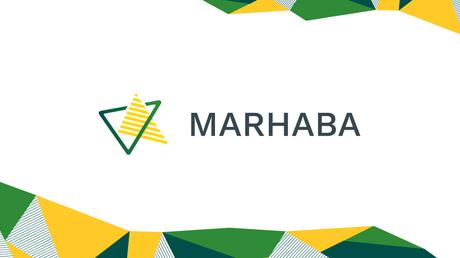
Muslim-focused decentralized financial Platform Marhaba has designed the “world’s initial” certification” for NFT tokens while complying with Shariah law. NFT’s minted are sent to a Shariah governance board, that reviews the artwork to confirm if it is in agreement with “Halal,” an Arabic concept that defines what is allowed under Islamic law.
This process includes NFTs projects that are submitted to a Sharia administrative board. Thereafter, this panel then checks the artwork’s compliance with Sharia law. NFTs which pass the board’s review become “legally certified.” Halal NFTs receive a selected China Block Certificate operated by Sharia Experts LTD, an Islamic consulting platform for web3 projects.
Marhaba sees itself as a truly decentralized entity. Moreover, the use of its “Shariah compliance enforcement governance board” raises concerns about Defi independence.
“We surly control specific aspects, like cataloging and operations in a set of protocols. But when it is audited by the Sharia group, the decentralized aspects stay uncompromised.”
Muhammad also added that in addition to religious considerations, the principles of the halal-compliant NFTs are agreeable even for those who do not follow Islam. While under Sharia Law, MRHB keeps creating an ecosystem of Defi products and services “specially created for morally aware people like Muslims.”
Apart from the economic hurdle the Marhaba must overcome regarding overview; they have performed a lot for Defi inside Islamic lands. In 2021, Marhaba raised $5.5 million in a first dex providing (IDO). From then and on, it has released a crypto halal wallet named Sahal and cooperated with 14 companies, containing Polygon.
Leave this field empty if you're human: